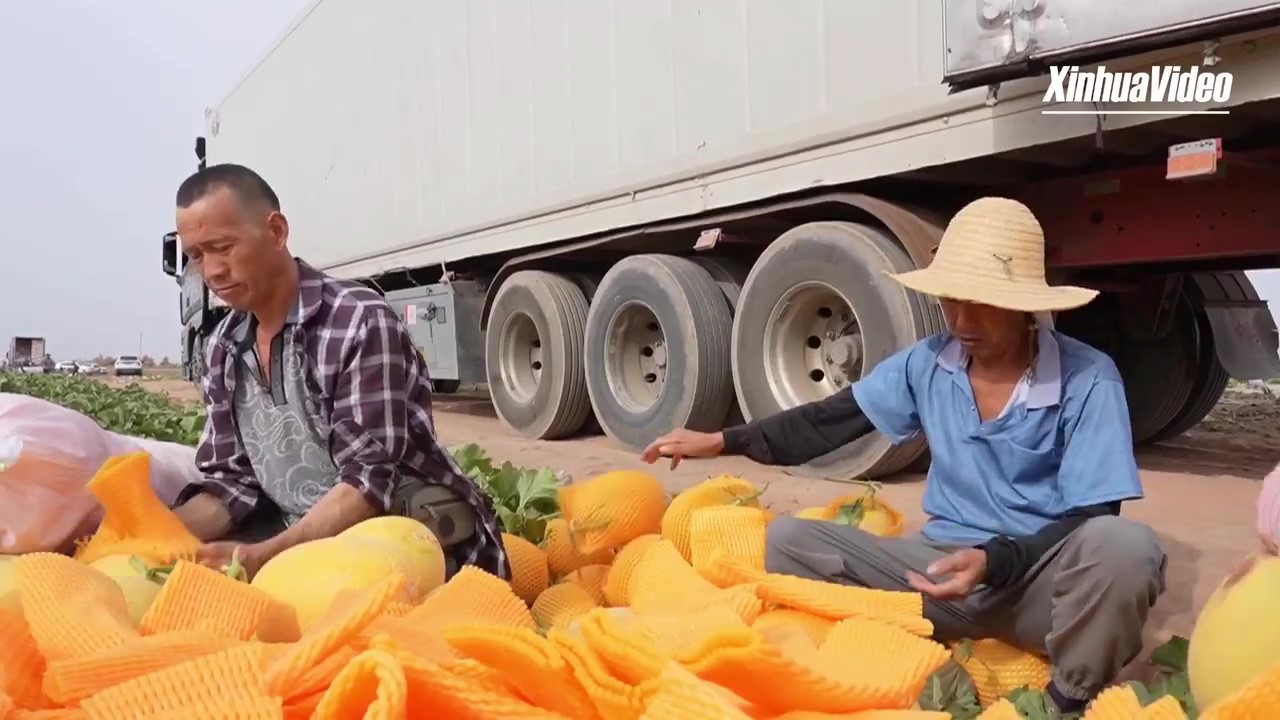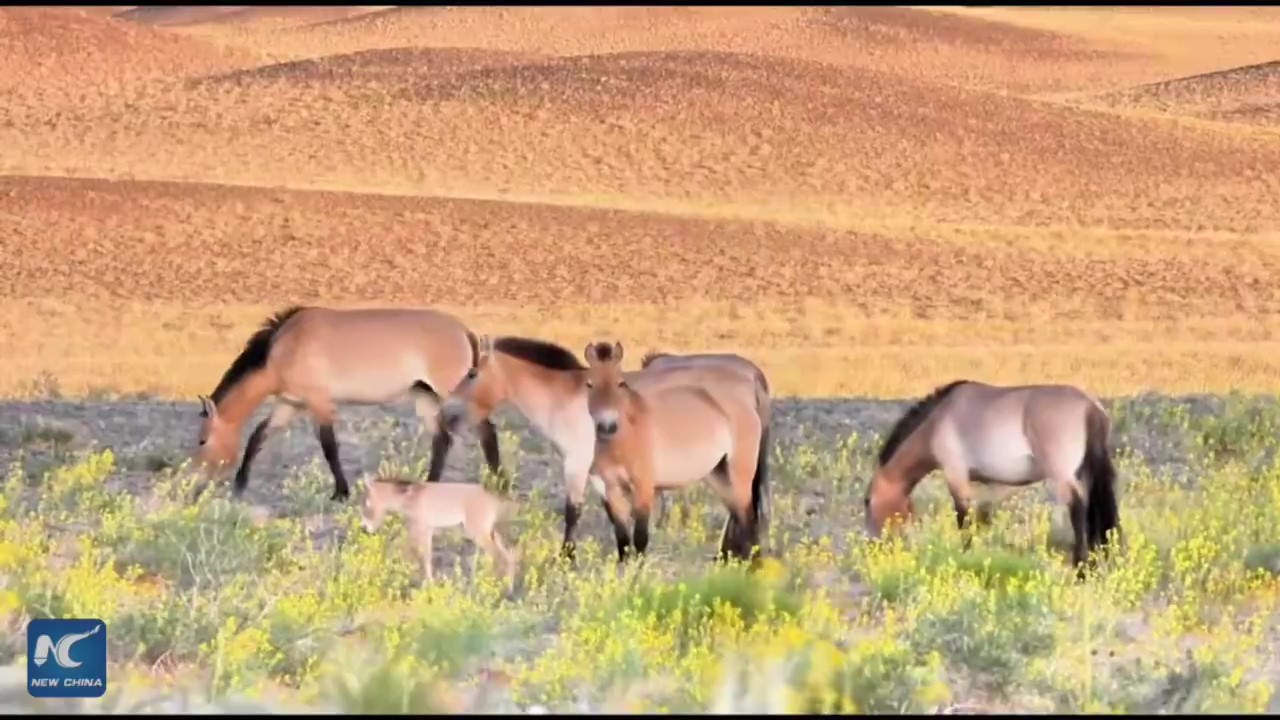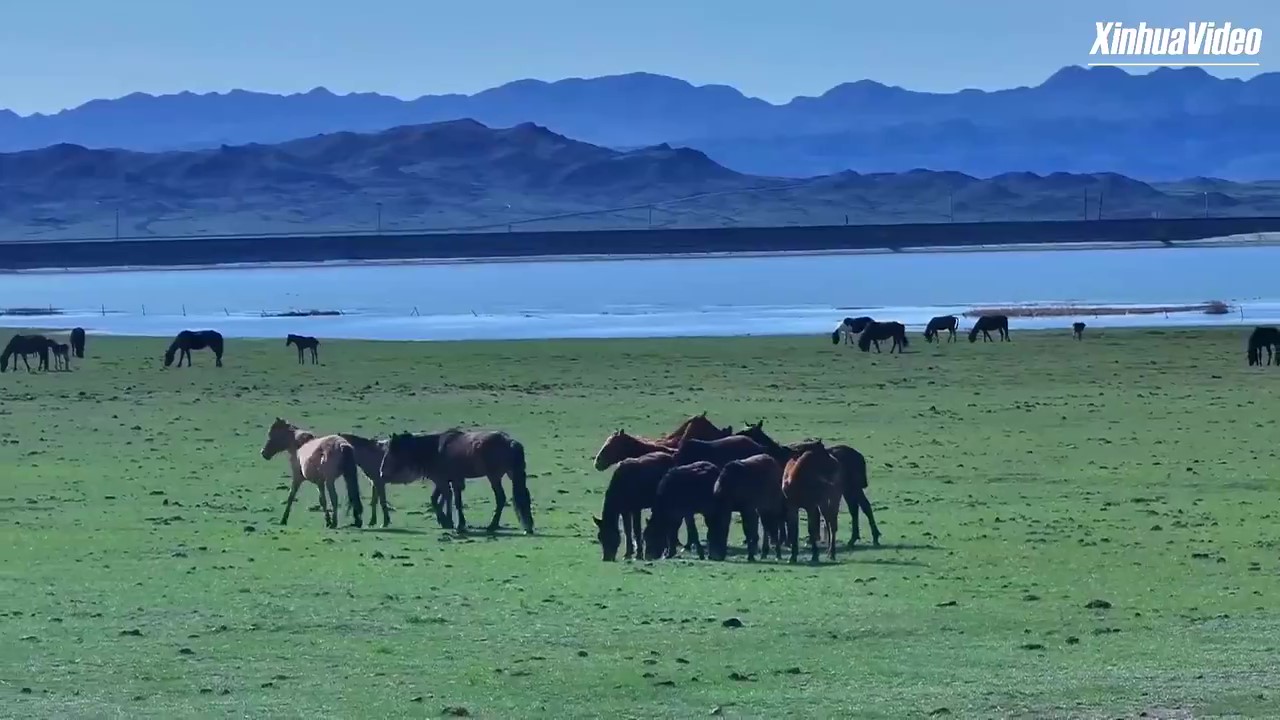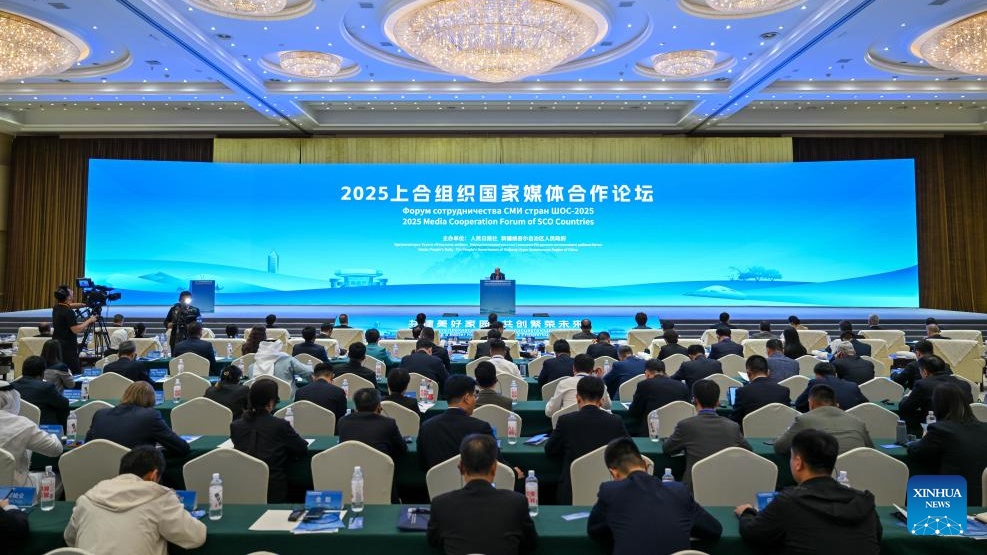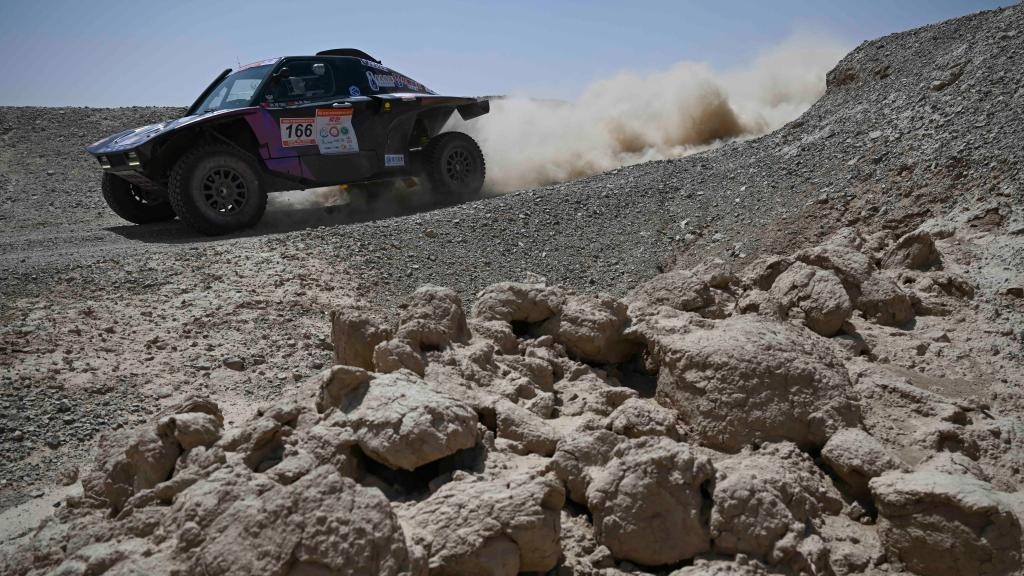More than 3 million hectares of selenium-rich soil have been discovered in the Xinjiang Uygur autonomous region, providing a foundation for the development of high-quality farmland and specialized agriculture in the area, according to a recently completed nine-year survey.
Selenium is an essential micronutrient that plays a key role in bolstering the immune system, slowing the process of aging and reducing the impact of cardiovascular diseases. Selenium-rich soil is relatively scarce in China.
The survey, conducted by Xinjiang's natural resources department and the Xi'an bureau of the China Geological Survey in Shaanxi province, found that selenium-rich soil forms a belt stretching nearly 1,000 kilometers along the southern foothills of the Tianshan Mountains. The area extends from the Yanqi Basin in the east, through Aksu prefecture to the Kizilsu Kirgiz autonomous prefecture in the west.
Focusing on oasis areas, the survey examined soil samples across 21 million hectares and found that about one-seventh of the area contains selenium-rich soil. Of that, one-quarter is arable land, totaling 753,333 hectares, according to Zhao Yu, a senior engineer who led the study at the Xi'an bureau.
Zhao noted that arable land rich in selenium accounts for 27 percent of the total farmland in southern Xinjiang, surpassing the national average of about 10 percent. Samples from plants and animals confirmed the region's suitability for selenium-enriched agriculture, with 20 selenium-enriched products identified, including: rice, corn, tomatoes and eggs.
Ma Chenggui, a farmer from the Bayingolin Mongolian autonomous prefecture, said his family planted 8.67 hectares of selenium-rich wheat this year, with an expected yield of more than 50 kilograms per hectare.
Evaluations showed that the farmland is alkaline and free of heavy metal residues. Based on soil nutrient levels, the study identified 60,540 hectares of high-quality arable land and 140,180 hectares of green food production land, mainly in areas such as the Yanqi Basin, the Kubai Basin, western Kashgar and along the Aksu River.
The study also identified Bosten Lake as having the highest selenium levels among China's major freshwater lakes, with sediment averaging 0.63 milligram per kg of selenium. The discovery of 15 species of naturally selenium-rich fish in the lake suggests the area could become a national hub for selenium-rich fishing.
"The survey has completed the most comprehensive and systematic examination of soil chemical components and indicators in southern Xinjiang, providing precise data crucial for informed decision-making on land protection and cultivation," Zhao said. "This can contribute to building a robust agricultural nation."


.png)

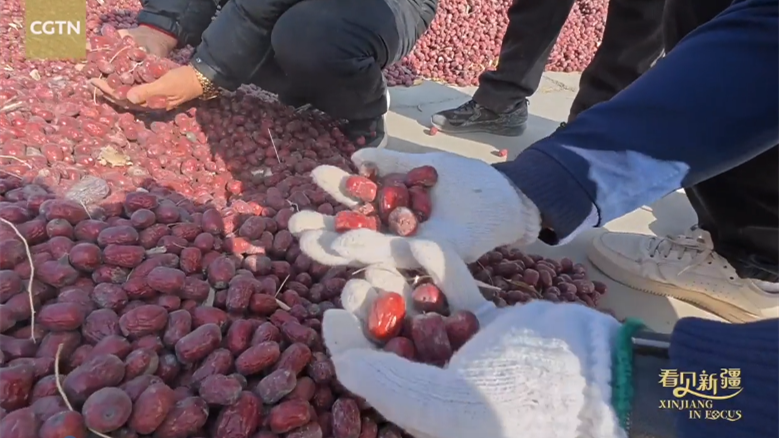
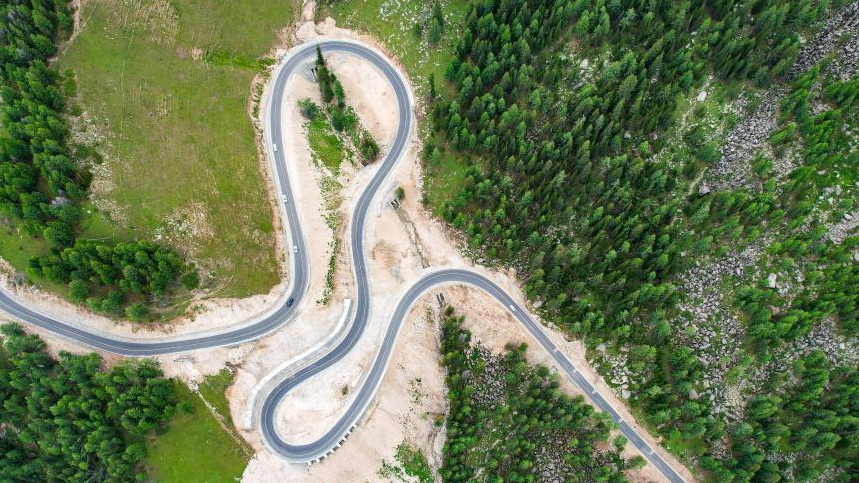
.png)
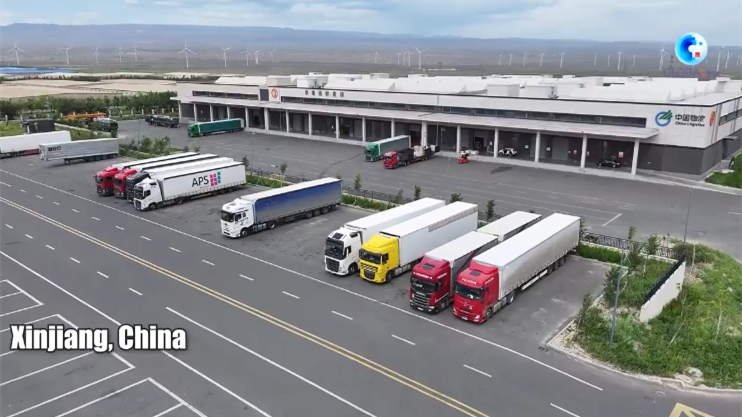
.png)
.png)
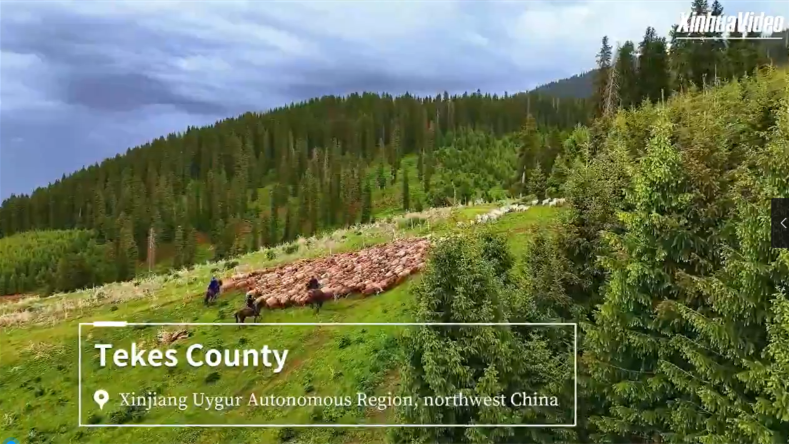
.png)

.png)

.png)




